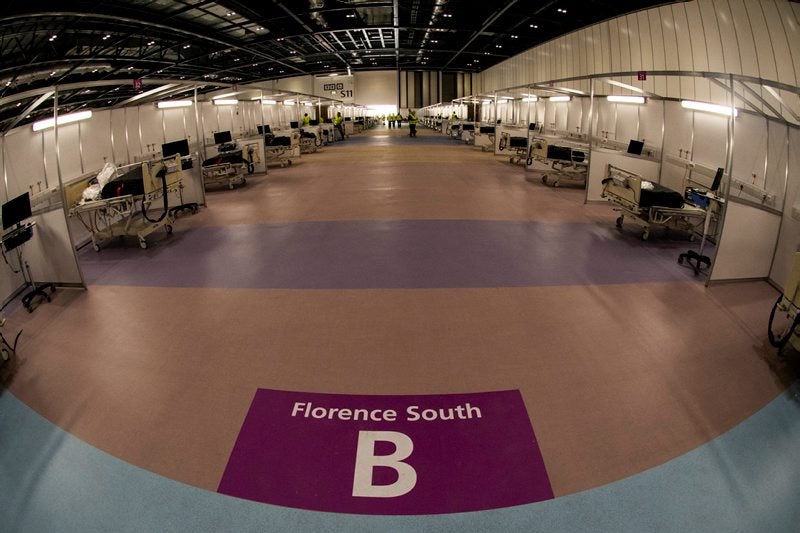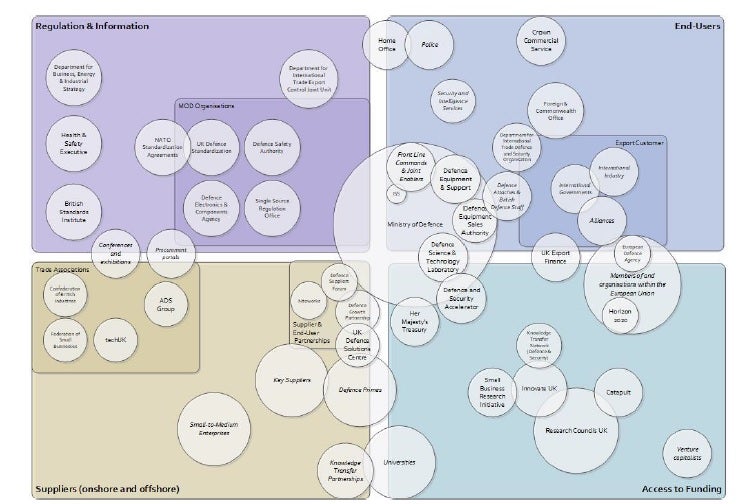Is Now a Bad Time For Reviewing Defence Policy?
The United Kingdom’s Commons Select Committee on Defence (‘the Defence Committee’) announced two new inquiries on the 5th March 2020: The Integrated Security, Defence and Foreign Policy Review, and Defence industrial policy: procurement and prosperity. Both were originally intended to end their calls for evidence on 10th April, yet the latter was extended to the 23rd April. Given the focus of Defence in supporting the COVID-19 response both in the UK and around the World from other defence industries, it raises the question as to whether now is a good, or bad, time to review defence policy at all.

Well, for a Select Committee, it possibly is. It gives ample opportunity to see defence organisations when they are acting in a role for which they were not designed. It exposes their flexibility and vulnerability as well as highlighting the wider role that they play now and are likely to play in the future as countries such as the UK may need to maximise the ‘return on investment’ in defence that has often been spent so far away from domestic shores that the general public become detached from it.
However, the calls for evidence and short windows of opportunity for the relevant organisations and people to respond. Face-to-face evidence sessions are unable to take place. At this time, those with valuable views may well be distracted and busy on more urgent tasks. The defence industry organisations are balancing a demand, even if only implicit, to support the COVID-19 response, as well as maintaining their own operations in support of existing contracts and reducing staffing levels through various linked reasons. There is a possibility as well that a call for evidence now skews the responses to focus on the support to COVID-19 and more critical matters are missed, such as those captured in the first review on wider policy – there is the possibility that COVID-19 would be considered a security or defence risk in light of the demand on these sectors.
A review of defence policy now, whether by the Government or by the Select Committee, also has to incorporate the potential nuances of Brexit. This perhaps is a much wider range of unknowns and a review could well inform, if not influence, the decision-making that needs to take place in that space.

Defence Industrial Policy has been well led by the National Shipbuilding Strategy and the Combat Air Strategy in recent years. The gap now appears to be what the organisations in the defence industry do if they are not led by either of those two documents. Many of these are smaller organisations that are seeing many innovation-led exercises and activities with little to exploit if they have only a smaller part to play in the supply chain or have a mature product they want to consider continuing with in the future. The focus on export continues with the drive to return investment into the UK. The position with global trade now and in the future is perhaps a little less unknown for defence that other more commodity- and consumer-led sectors, yet the implications that longer-term quarantine has could significantly shift how UK-based defence industry can maximise its income and prosperity from the export markets in the future.

Defence is sometimes referred to as an ecosystem and the ecological analogy implies that it is a flexible and resilient entity that will adapt. Any review that takes place has to consider all of the adaptations that could be needed in the short, medium and long term and ensure that it accommodates them.

